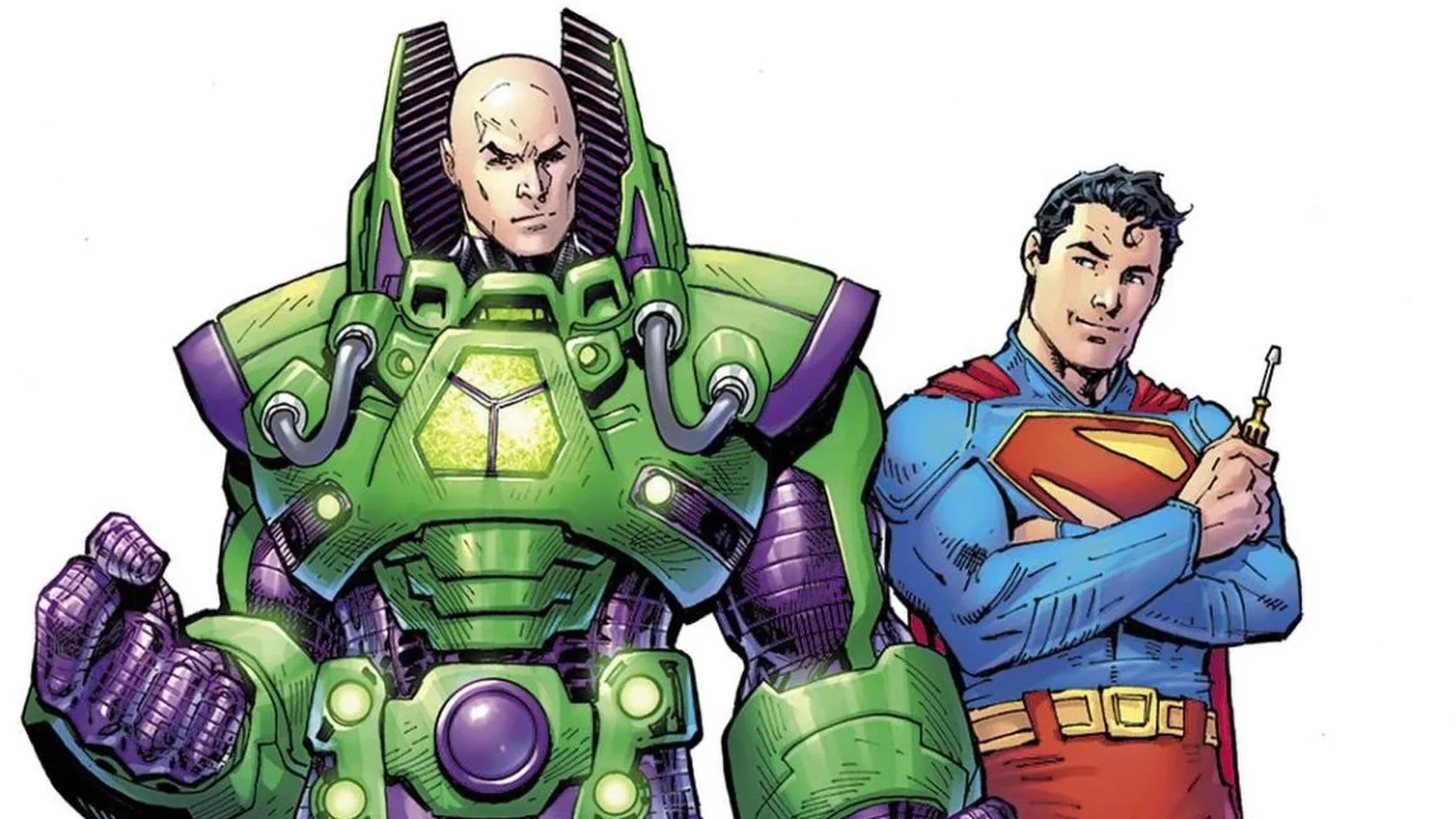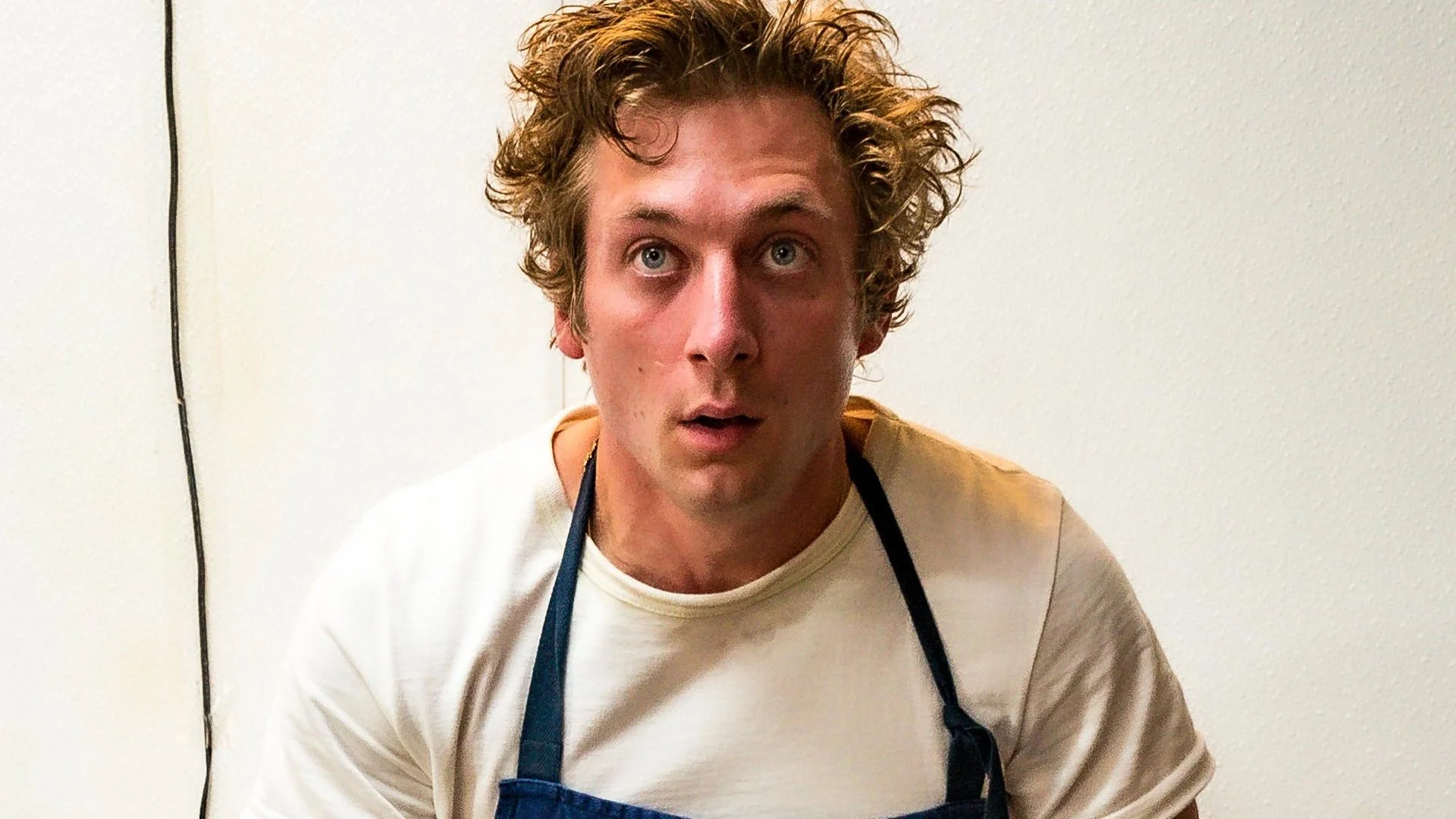Always, The kitchen has been a propitious scenario for the construction of stories, both in the underworld of a crowded city and in exclusive places reserved for the crème de la crème. Perhaps the greatest exponent is ‘Ratatouille’, that fundamental pillar of Pixar where rat and man join forces in a Parisian restaurant to make their dreams come true, but in recent years we have had a boom in films that use gastronomy as a vehicle to stress us out, get excited or make us laugh. There is the adrenaline-pumping ‘Hierve’, with an hour and a half of uncut sequence, or the 2022 phenomenon, ‘The Bear’, the Disney+ series that is conquering half the world; without forgetting the comic perspective offered by ‘#Chef’ by Jon Favreau, the latest French comedies ‘En su Punto’ and ‘La brigade de la cocina’ or, in a national key, the very recent ‘La vida padre’, starring the duo Karra Elejalde-Enric Auquer.

‘The menu’ was born from the need to fill the space left by the culinary genre in favor of comedy or drama. And the person in charge of filming was Mark Mylod. His name may not resonate in the ears of the public as a ferocious invitation to go to cinemas, but perhaps it is worth reconsidering if one takes into account that he has directed a good number of installments of truly successful series such as ‘Game of Thrones’, ‘ Succession’, ‘Shameless’, ‘The entourage’ or ‘The Affair’. On the other hand, and unlike his long and successful television career, his feature films have not been as successful. And that his first film, for which he made himself known, is the much-quoted ‘Ali G is loose’, which has had a second life thanks to memes and the echo of social networks. The next two, ‘A stroke of luck’ and ‘Dime con cuántos’ only accentuate a lukewarm film career that he intends to change with ‘The menu’. And boy does it.
The plot follows the story of Margot (Anya Taylor-Joy), a young woman who doesn’t share her admiration for the famous chef Slowik (Ralph Fiennes) who instead has her new boyfriend, Tyler (Nicholas Hoult).. The couple will be part of an exclusive group of diners who will be able to enjoy the delights of the Slowik restaurant, one of the most exclusive destinations in the world lost on an isolated island. At the head of the chef’s kitchen team is the relentless Elsa (Hong Chau), who will take care of guiding customers and organizing everything according to the boss’s tastes. Guests represent all walks of life, from journalist Lillian (Janet McTeer) and her editor Ted (Paul Adelstein) to old-time performing glory John Leguizamo, couples and groups of friends hoping to spend a very expensive but nice evening. It is no less considering that the dish costs 1,200 euros. However, things will take other much darker roads that the chef has prepared for all the guests of him. Including Margot, who wasn’t on the list.
A culinary ‘Midsommar’
Even though the director himself advised the team to take a look at Luis Buñuel’s ‘El ángel exterminador’ to guess where the shots would go, the truth is that ‘El menú’ has its own style and adds to the list of such a delightfully interesting sub-genre as it is: films that take place in the same space where, it seems, all goes well until, of course, it degenerates to unsuspected limits. We can find classics like ‘The Thing’ or ‘The Shining’ which emphasized the importance of space, or films which focus on characters who hide more than they seem, such as the distressing ‘The Rope’ by the famous Alfred Hitchcock or the Horror master’s newest work, ‘Midsommar’. Generally, their storylines are carried forward without looking back. ‘El menú’, with meticulous and orderly direction, focuses on the viewer and his experience. It’s virtually impossible to guess where his virtues will come to light or which paths his storyline will take, but as it gets darker and darker, audiences will discover both the chef’s past and the reasons why he decides to torture again. this way to your customers.

There is a latent intrigue as to what tone the film will eventually take. He focuses his plot from satire towards that absolutely snobbish world, creating moments of pure and hard black comedy thanks to the disbelief of the diners. However, soon the thriller (with obvious terrifying undertones) takes over the talk. Mylod demonstrates painstaking, over-elaborate (perhaps excessively) planning, the maxim of which is to go round the round. Things get worse until a vengeful and sectarian atmosphere comes into play that is inevitably reminiscent of the film starring Florence Pugh.
Spirit of Dabiz Muñoz
Its reminiscences of A24’s haunting cinema aren’t as subtle as the underlying criticisms. It would be too easy to adapt the workers’ discourse from “Kill the Rich” on the snobbery and snobbery that surrounds the economic elites of society (those words of Spanish chef Dabiz Muñoz still ring out who claims that “It’s not rich to pay 365 euros to eat”). What Mylod does is see beyond, trying to understand his human psyche, his ego, his need to stand out, to get noticed. “The Menu” brings out the colors of the aristocracy who have never known adversity and traps them in a scape room that is as deadly as it is fun. The elitism that hovers over the haute cuisine industry deserves to be grilled and cooked. And that’s what Mylod’s film does, alternating creepy sectarian glee with the intellectual subtext of “idiotic people who think they’re smart enough to eat at a certain place.”
On certain occasions, it passes from self-awareness. Perhaps if the theme became even more disheveled, it would have been an exceptional thriller that crushes, without shame or prejudice, every glimpse of the rich.. In short, a tempting and fun bet, with no other pretensions than to entertain and surprise. And this one gets it. If, moreover, it greatly feeds the upper economic strata of our society, so much the better.
Note: 7
The best: The unpredictability of its premise and the resulting degeneration.
Worse: If sometimes he didn’t take himself so seriously it would have been a great unscrupulous madness.
Source: E Cartelera
Bernice Bonaparte is an author and entertainment journalist who writes for The Fashion Vibes. With a passion for pop culture and a talent for staying up-to-date on the latest entertainment news, Bernice has become a trusted source for information on the entertainment industry.




